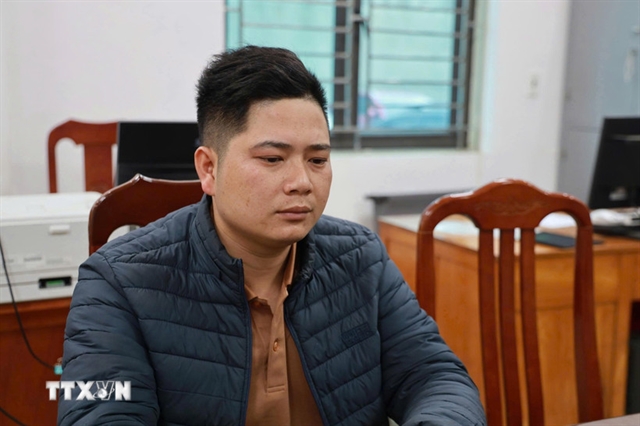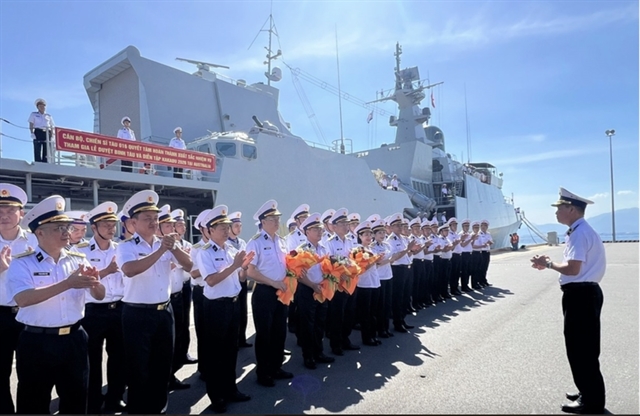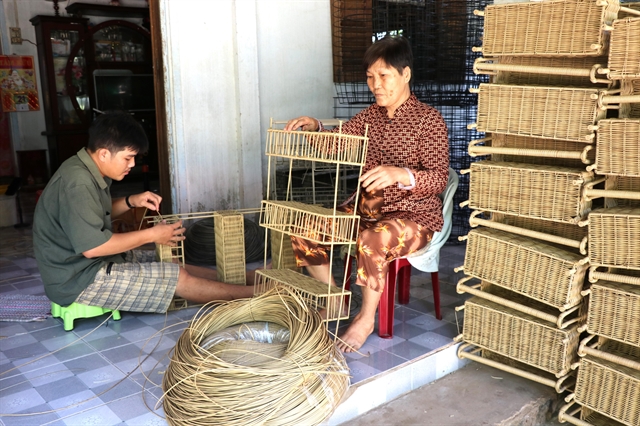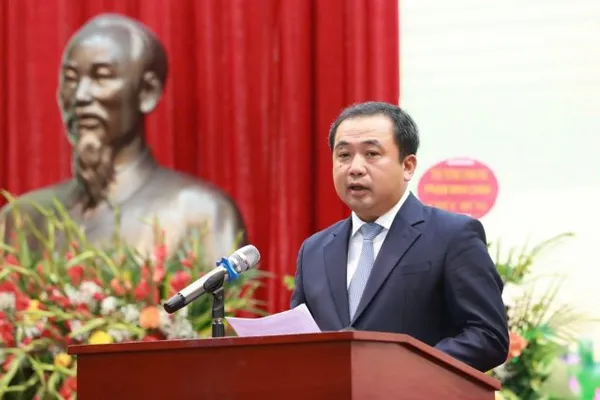 Opinion
Opinion
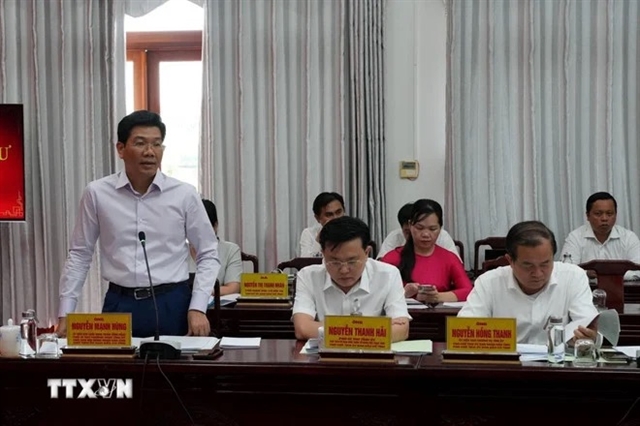
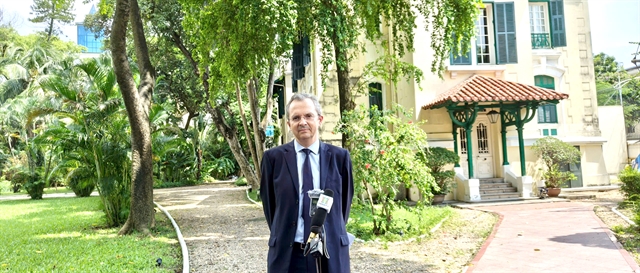 |
| Oliver Vigna, Deputy CEO of Paris Europlace. VNS Photo Khánh Linh |
As Việt Nam works to establish an international financial centre (IFC) in HCM City and Đà Nẵng, Oliver Vigna, Deputy CEO of Paris Europlace, an organisation representing over 600 stakeholders in Paris’s financial ecosystem, shares the French perspective and experience in using legal and policy tools to build a competitive IFC.
What are the most important legal factors for building a competitive international financial centre?
To ensure the competitiveness of an IFC, it is essential to develop a legal system that is compatible with the way today’s financial world operates.
There is no one-size-fits-all legal model, but in Việt Nam’s case, the legal framework should meet three key criteria.
The first requirement is clarity, transparency and stability. A legal system that changes too frequently makes it difficult for businesses to adapt in a proactive manner. Stability is essential because it gives market participants the confidence they need to operate effectively.
The second requirement is predictability. While laws can and should evolve to reflect changing contexts, these changes must be foreseeable. Future regulations should be built on the existing legal framework, so that businesses can adapt and comply without being taken by surprise.
The third requirement is achieving a balance between regulation and competitiveness. Establishing an international financial centre is a complex process. In some countries, the legal framework consists of thousands of pages. The shorter and clearer the regulations, the more room there is for competition. However, this freedom must be balanced with the need to protect investors, maintain market stability and ensure effective governance.
What are your expectations for future cooperation between Paris Europlace and Việt Nam’s financial authorities?
I look forward to deepening our partnership with Việt Nam’s regulatory bodies, financial market participants, manufacturing businesses and institutional stakeholders involved in financial governance.
Việt Nam is a dynamic economy in Asia and will likely become even more important in the region in the years to come. We hope to share our experience with the Vietnamese Government and regulators to make the financial sector and IFCs a driver of job creation, national development and future prosperity.
We are ready to engage in discussions with Vietnamese partners and welcome delegations to Paris to exchange best practices and explore new areas of cooperation.
From France’s experience, what are the most decisive incentives or mechanisms that ensure the success of IFCs?
In my opinion, two conditions are critical for the success of an international financial centre.
The first is building a strong ecosystem. An IFC must bring together financial institutions, manufacturing companies, start-ups, major corporations, regulators and consulting and law firms, all within an environment that allows them to collaborate effectively.
The second is focusing on strategic sectors. Việt Nam has two priority sectors that are particularly well-suited for IFC development: technological innovation and the energy transition with sustainable finance. These are also areas where Paris Europlace has achieved significant progress over the past 30 years, and we are eager to share our experience with Việt Nam.
In Paris, the legal framework for the financial centre was built through continuous dialogue between government agencies and the private sector — those most directly affected by regulations. This multi-stakeholder engagement is crucial to ensure that laws meet real market needs and benefit all participants.
Việt Nam plans to pilot digital asset regulations as part of its IFC strategy. How do you view this initiative?
This is an excellent and decisive choice. By focusing on innovation and technology, Việt Nam positions its IFC at the forefront of financial modernisation.
Globally, finance is being rapidly digitalised, from infrastructure to asset management tools. Leading financial centres are adopting blockchain, tokenisation, cryptocurrencies and other digital asset applications.
By specialising in these products, Việt Nam can attract a wide range of investors, from individuals to institutions, and create new channels for mobilising capital to serve the economy. This is a forward-looking decision that will strengthen the foundations of Việt Nam’s future IFC. — VNS

